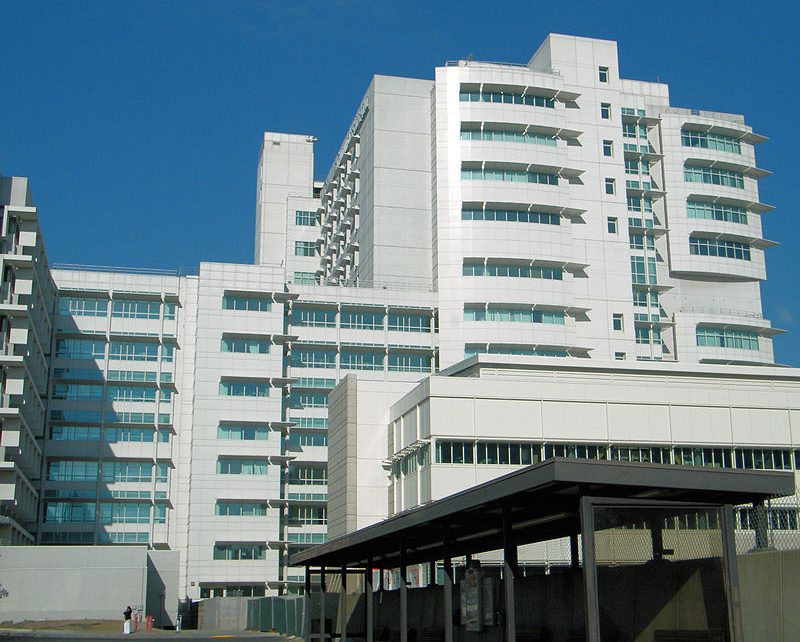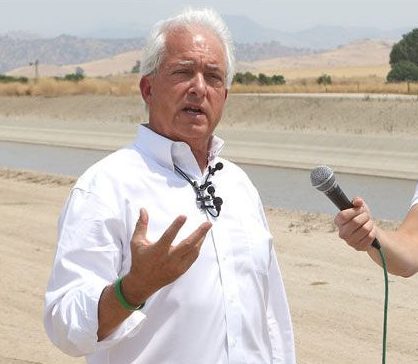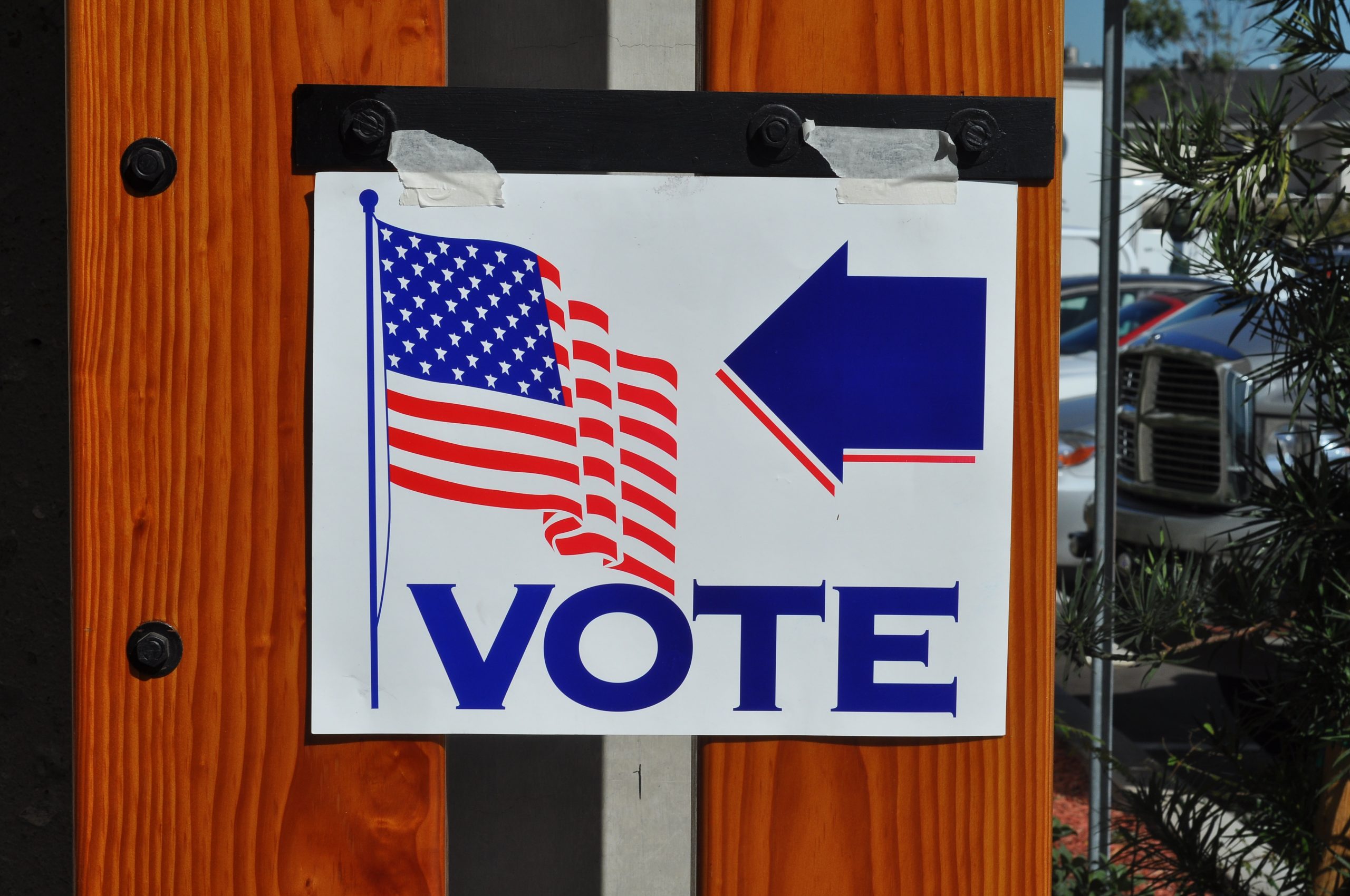
UC Davis Medical Center. (Photo: UCD.ca.gov)
Surprise Medical Billing Requires Proven Free-Market Solution
The only proven, free-market approach is known as the Independent Dispute Resolution
By Nicholas Francois, April 21, 2020 2:09 am
The physical and fiscal wellbeing of hard-working families and taxpayers is always of the utmost importance, but perhaps even more on our minds now. Community members are worried about their health and their financial well-being as a result of the COVID-19 crisis.
The prospect of contracting the virus not only raises the fear of loss of life, but also of severe financial harm. This situation has spurred Congress to act on pending proposals related to surprise medical billing (SMB). Surprise bills are a major problem in our dysfunctional healthcare system, but if Congress gets the answer wrong, we may find the cure to be worse than the disease.
Even for people who have insurance, surprise medical bills can be devastating. Patients may be unaware that in the course of their care they receive treatment for which they lack coverage, and may receive a bill in the thousands of dollars. With transparent pricing and disclosure often unavailable, surprise bills are difficult for patients to prevent.
The only proven, free-market approach to solving this problem and protecting working families is known as the Independent Dispute Resolution (IDR) method. IDR gives doctors, providers, and insurers an arbitration platform to resolve surprise bills. Where IDR has been implemented, patients and doctors have both reported increased satisfaction.
However, a “rate setting,” or price control, approach is also under consideration in Congress with the potential that a counterproductive policy may be attached to a larger bill without thorough consideration. Under a price control policy, Federal bureaucrats determine how much doctors can charge. Where price controls have been implemented, access to care has suffered. Furthermore, by reducing doctors’ incomes, a rate-setting policy also reduces tax revenue from those same doctors, with consequences for a wide range of services.
Last year, eight of our country’s top conservative and free market organizations, including Heritage Action, National Taxpayers Union, and the 60 Plus Association sent a letter to Congress urging they reject rate setting and embrace a free market approach.
When it comes to surprise billing, free market advocates must urge Congress to not only “do the right thing,” but to “do the right thing right.” Putting Federal bureaucrats in charge has never been an effective approach to anything. The only smart solution is to empower doctors and patients with a free market solution. That’s why Congress should reject rate setting and go with an IDR approach.
- Surprise Medical Billing Requires Proven Free-Market Solution - April 21, 2020




